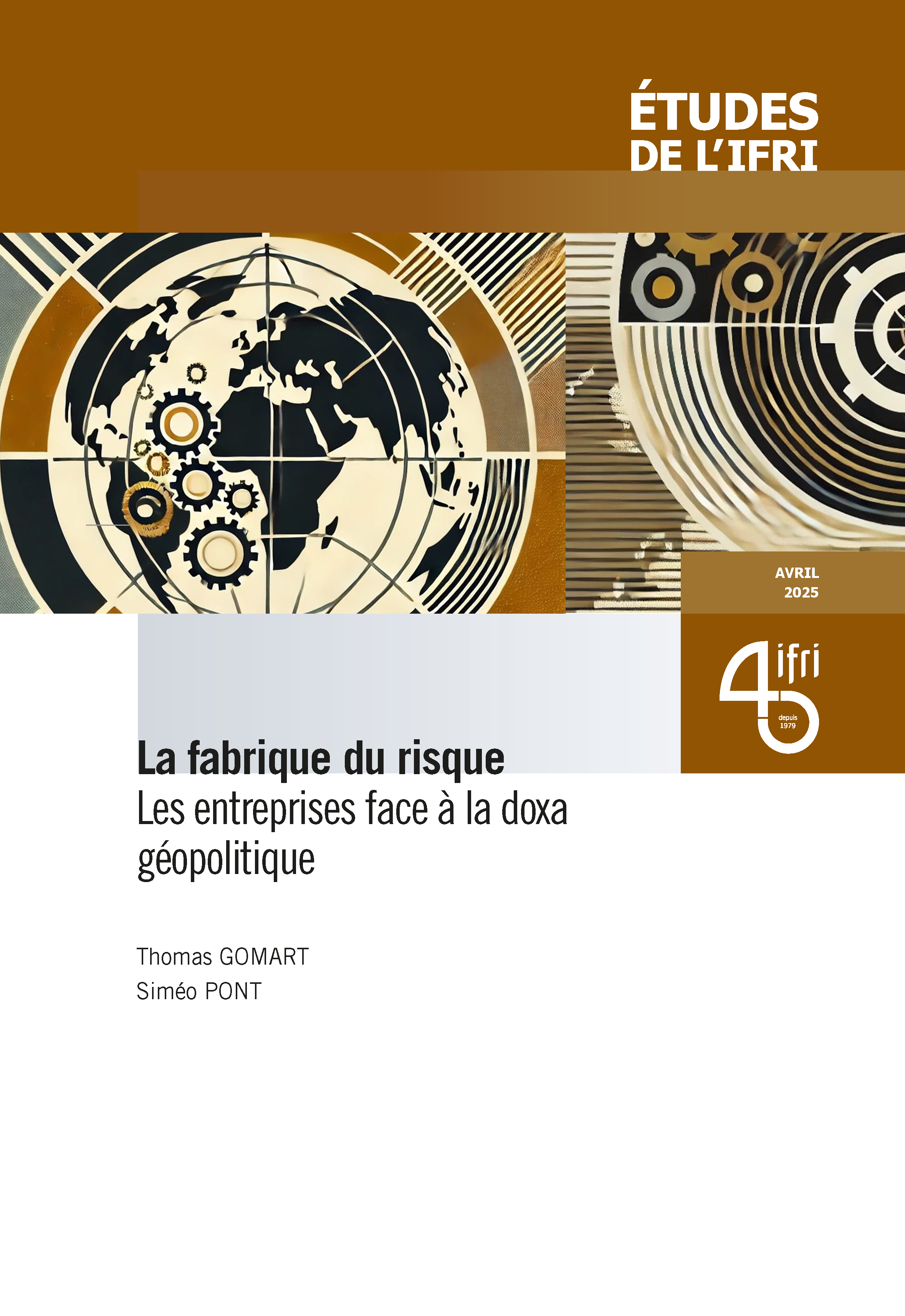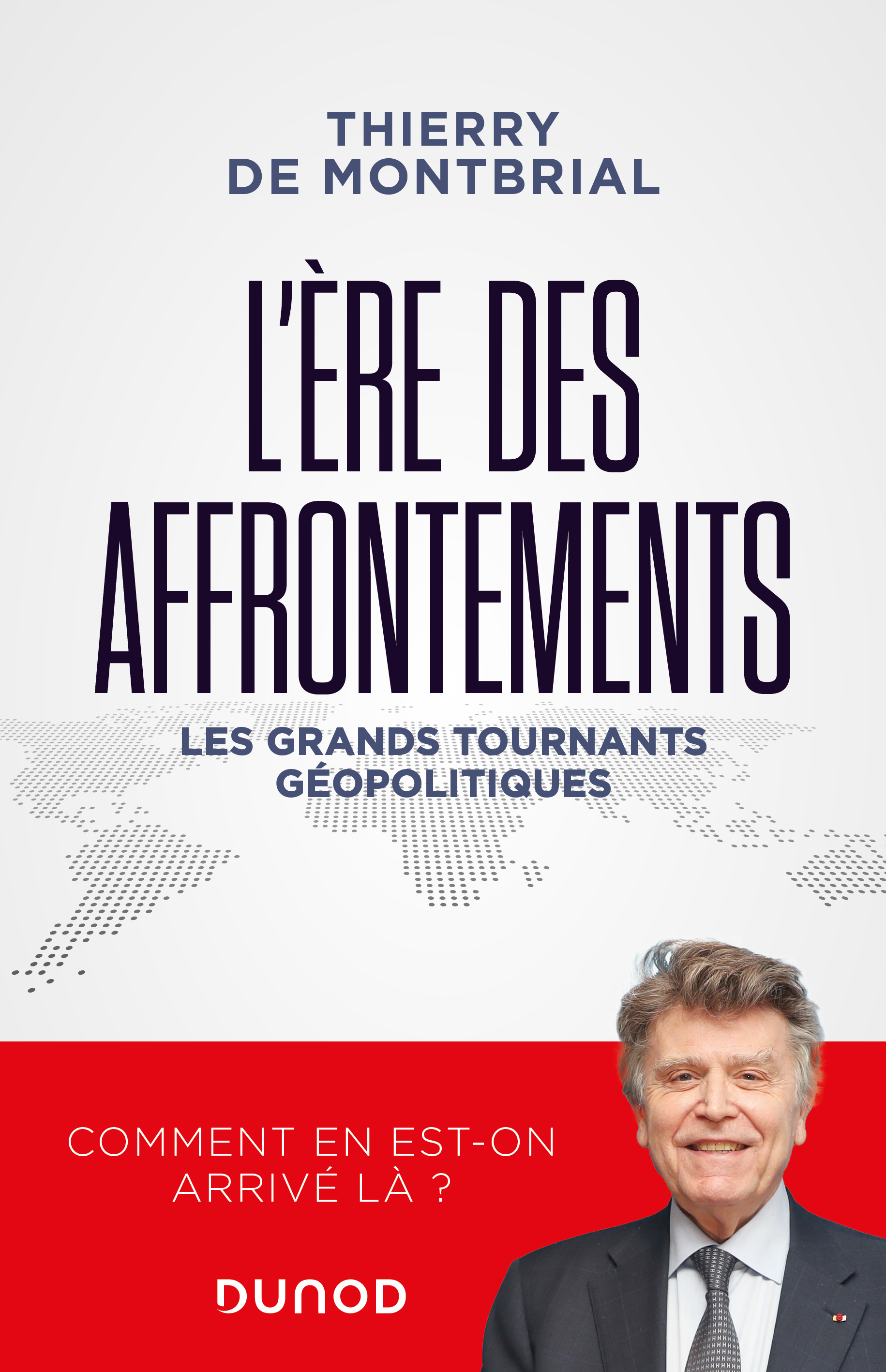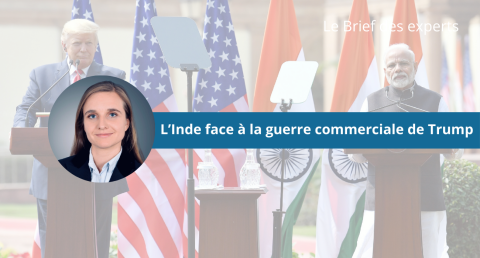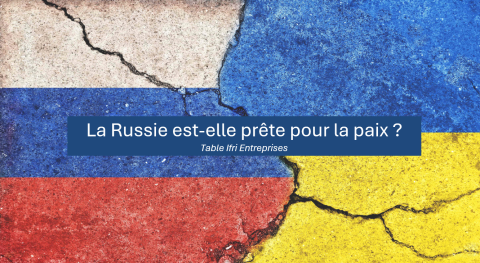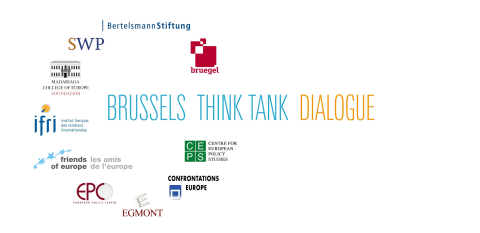
Informations pratiques
Thématiques et régions
Centres et programmes liés

For the fifth year in a row, ten leading European Think Tanks will join forces to host the annual Brussels Think Tank Dialogue (BTTD). This will be a unique opportunity to hear leading voices debate pressing issues, forecast major trends for the coming year, and put forward recommendations for the new European leadership. More than ever, guidance is needed.
The Brussels Think Tank Dialogue 2015 will focus on such topical issues as:
- Revisiting Energy Security in Turbulent Times
- Towards a single European Labour Market
- Tomorrow’s EU migration policy
Experts from each think tank have produced background papers for each session, which are now available for download.
Click here to see the full programme. Follow @IfriBxl and #BTTD15 on Twitter.
Jointly organised by the Bertelsmann Stiftung, Bruegel, CEPS, Confrontations Europe, the Egmont Institute, the European Policy Centre (EPC), Friends of Europe – Les amis de l’Europe, the Institut français des relations internationales (Ifri), Madariaga – College of Europe Foundation and the Stiftung Wissenschaft und Politik (SWP), the Brussels Think Tank Dialogues are annual policy forums for critical reflection on the state of the EU and the joint development of analysis and recommendations to improve EU policies. The Dialogues are designed to address pressing political concerns as well as to offer recommendations on specific issues.
En savoir plus

Revisiting energy security in turbulent times
If the transition to low-carbon energy sources is deemed to improve Europe’s domestic energy supplies, the penetration of renewables in the energy mix also brings new operational challenges in terms of energy security. This raises questions about the role of energy efficiency in meeting final demand, how the EU’s energy policy can emphasise both supply security and energy efficiency.

Three challenges for tomorrow's EU migration policy: fairness, mobility and narratives
The paper highlights three important challenges for tomorrow’s EU migration policy and proposes measures to deal with them: First, ensure a sustainable and fair labour migration policy which is purposefully designed to take into account the needs of the origin countries, as well as the needs of the migrant workers themselves – in addition to the needs of the immigration countries. Second, increase mobility of third country nationals to and within the EU with a focus on the EU’s close neighbours. Third and finally, change public opinion towards immigration by building a new discourse and promoting it through mainstream media.

Sujets liés
Autres événements

Le retour de la « grande coalition » – quel leadership allemand dans un monde incertain ?
Le nouveau gouvernement allemand, une « grande coalition » probablement dirigée par Friedrich Merz, va devoir faire face à un environnement international complexe, marqué notamment par un bouleversement des relations transatlantiques. Les attaques de l’administration Trump à l’égard des alliés traditionnels des Etats-Unis, le rapprochement entre Washington et Moscou, ainsi que les incertitudes qui pèsent sur le futur de l’OTAN, ébranlent les paradigmes de la politique étrangère allemande.
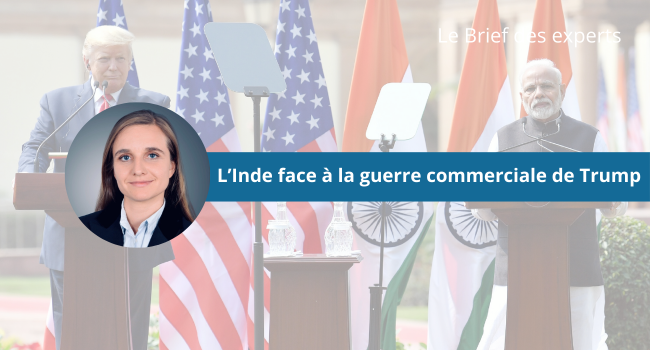
L’Inde face à la guerre commerciale de Trump
Un brief de 30 minutes autour de Sylvia Malinbaum, chercheuse, responsable de la recherche sur l'Inde et l'Asie du Sud au Centre Asie de l'Ifri.
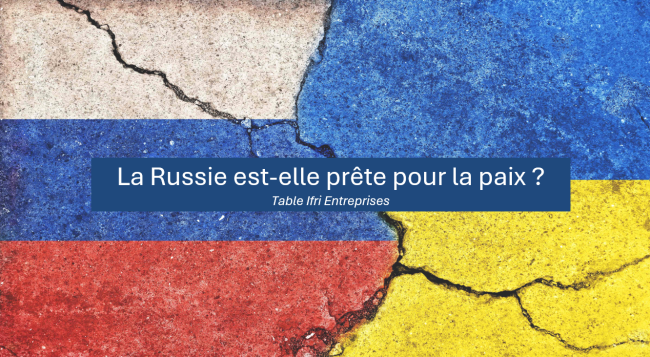
La Russie est-elle prête pour la paix ?
Depuis plus de trois ans, la Russie mène une guerre de haute intensité contre l’Ukraine, qui bénéfice du soutien politique, militaire et financier de l’Occident.


